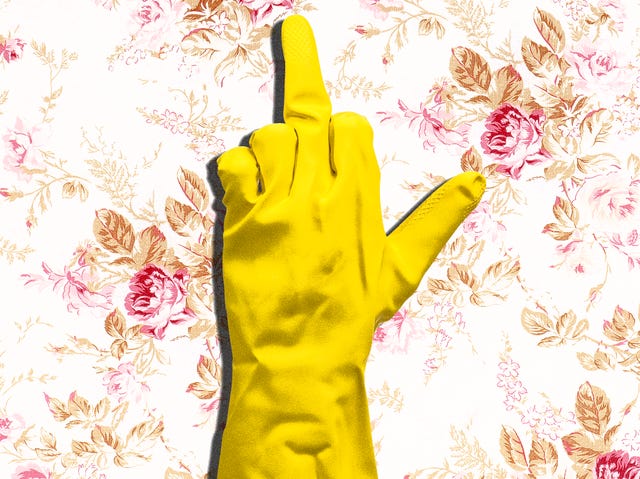Hi,
Welcome back to The Scooplet. To the new faces in the audience, I just want to say hello and that I hope you find something you like in this assortment of links.
From the past few days
Dogs are getting fatter in quarantine. The Wall Street Journal reports on the phenomenon of our four-legged friends packing on the pounds thanks to stuck-at-home owners showering them with attention and treats.
Taylor Roland, 27, says her dog Lily has become a champion beggar. Over the past year, the German shepherd pit-bull mix has become about 10 pounds overweight. Before the pandemic, says Ms. Roland, who works in marketing, Lily typically got table scraps five nights a week. But with Ms. Roland working from home, Lily whines for a share of “breakfast, lunch, dinner and snacks seven days a week.”
“She’s perfected the big puppy eyes,” says the Morristown, N.J., resident. “It was manageable when I was gone a lot of the day, but 24/7 of that creates some challenges.”
Vox is here with a feature on the “clout mining” industry, where companies pay Twitter users to share links to their sites next to posts that have gone viral.
Apple’s famous walled garden — its tight control over what apps and features make their way onto the iPhone-maker’s devices — has long helped it advertise its products as some of the most secure on the market. But as the MIT Technology Review finds, those same security features can help protect the elite hackers who are able to slip inside.
Canada’s butter has gone hard, and nobody knows why. Insider explores “buttergate” and tries to get to the bottom of the dairy crisis north of the border.
BuzzFeed News reports that New York Times columnist David Brooks has been receiving a second salary from a Washington think tank funded by Facebook. Why does this matter? “Brooks’s work on Weave means that, in addition to pulling down a salary from the Times, he has a second salaried position that’s funded by donations from companies and billionaire families that hasn’t been disclosed to Times readers.”
From the vault
In an essay for Harper’s Bazaar, Gemma Hartley writes about the frustrations of shouldering the majority of her household’s emotional labor as well as her efforts to get her husband to take on his fair share without being asked. (2017)
My husband is a good man, and a good feminist ally. I could tell, as I walked him through it, that he was trying to grasp what I was getting at. But he didn’t. He said he’d try to do more cleaning around the house to help me out. He restated that all I ever needed to do was ask him for help, but therein lies the problem. I don't want to micromanage housework. I want a partner with equal initiative.
However, it’s not as easy as telling him that. My husband, despite his good nature and admirable intentions, still responds to criticism in a very patriarchal way. Forcing him to see emotional labor for the work it is feels like a personal attack on his character. If I were to point out random emotional labor duties I carry out—reminding him of his family’s birthdays, carrying in my head the entire school handbook and dietary guidelines for lunches, updating the calendar to include everyone’s schedules, asking his mother to babysit the kids when we go out, keeping track of what food and household items we are running low on, tidying everyone’s strewn about belongings, the unending hell that is laundry—he would take it as me saying, “Look at everything I’m doing that you’re not. You’re a bad person for ignoring me and not pulling your weight.”
Wikipedia page of the week
As it turns out, locking a bunch of monkeys in a room with typewriters isn’t a sure bet to get you one of the works of William Shakespeare. Read all about it on the Wikipedia page for the Infinite Monkey Theorem.
Thanks for reading,
Nick








